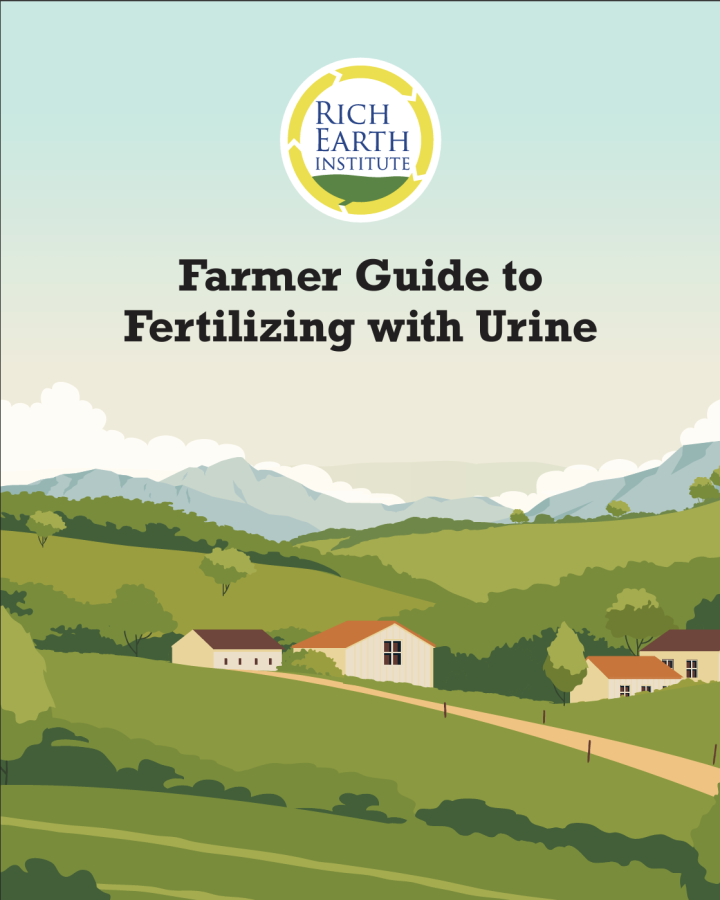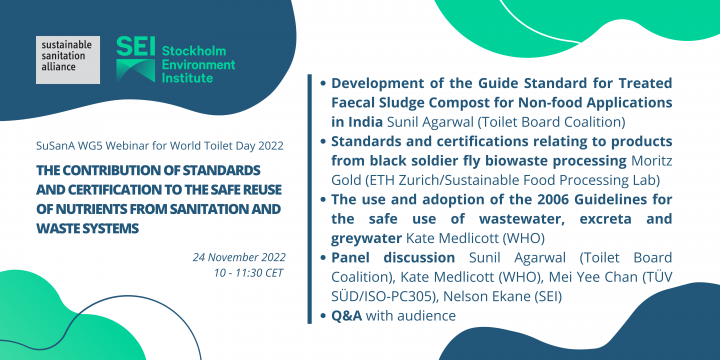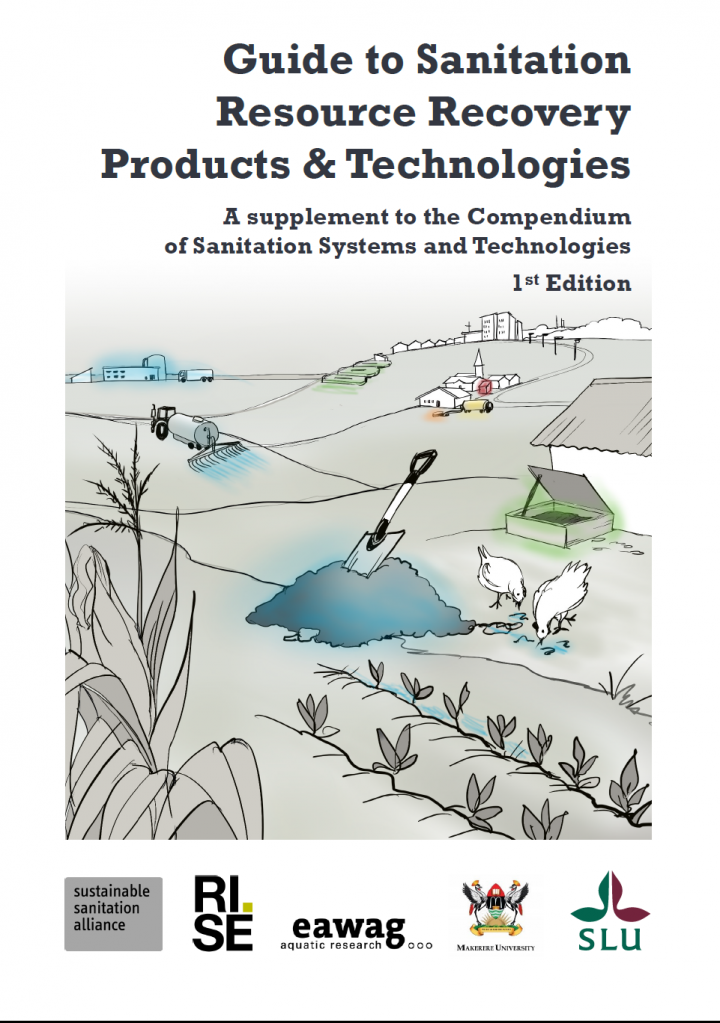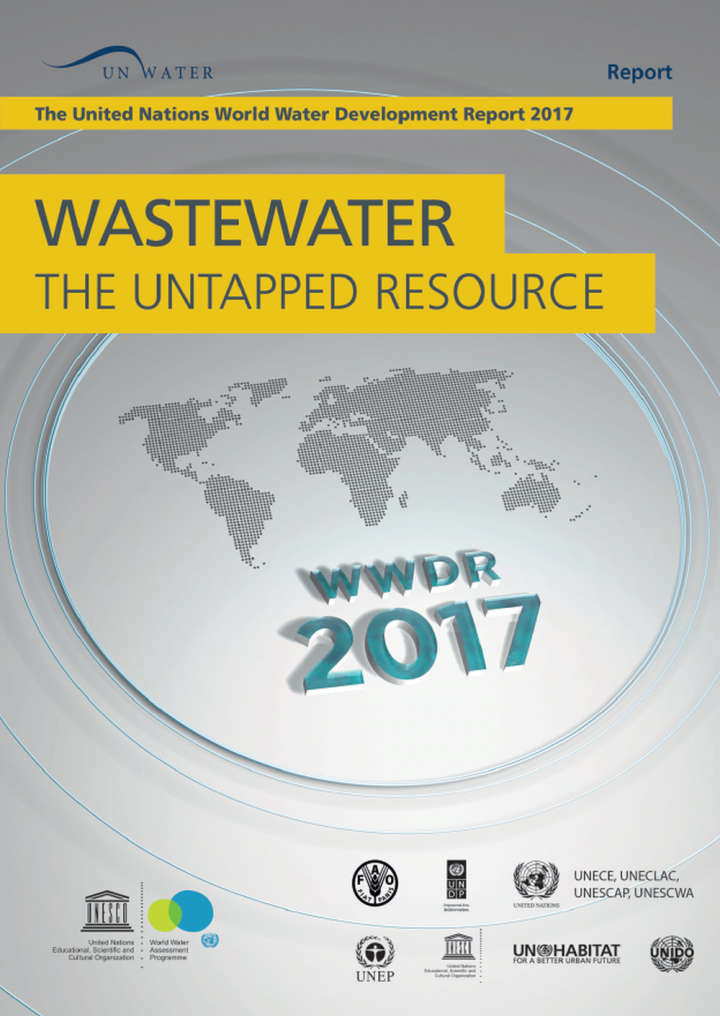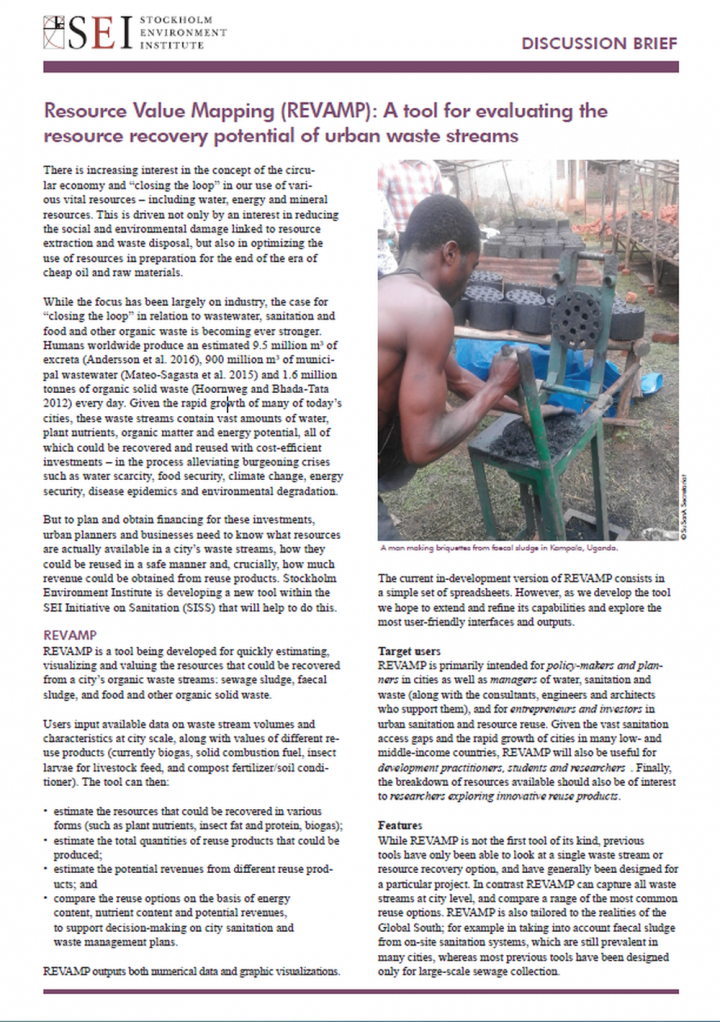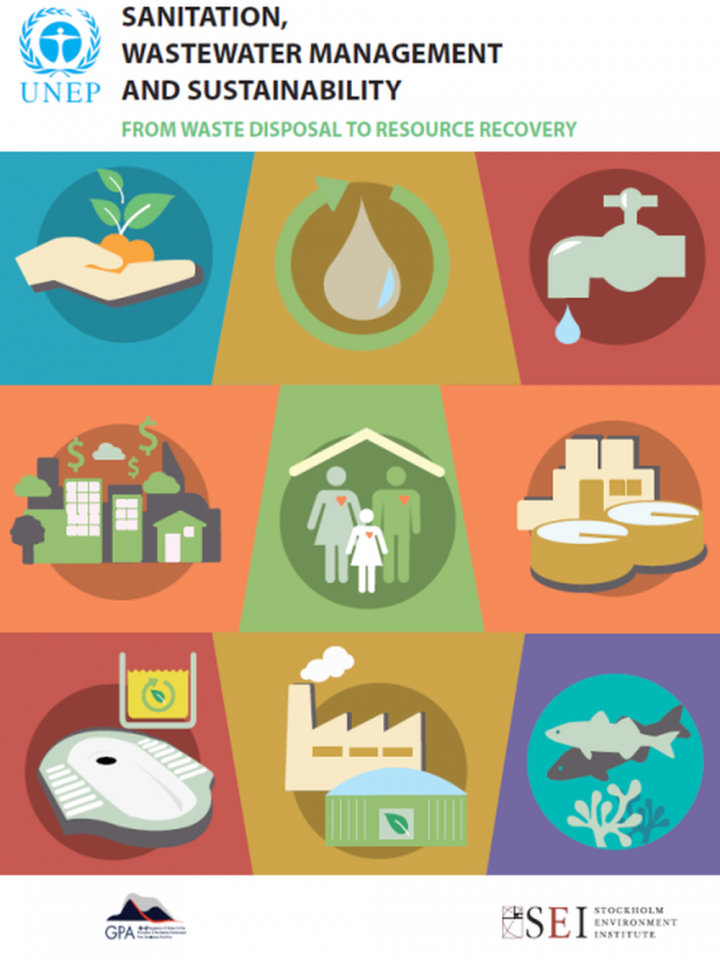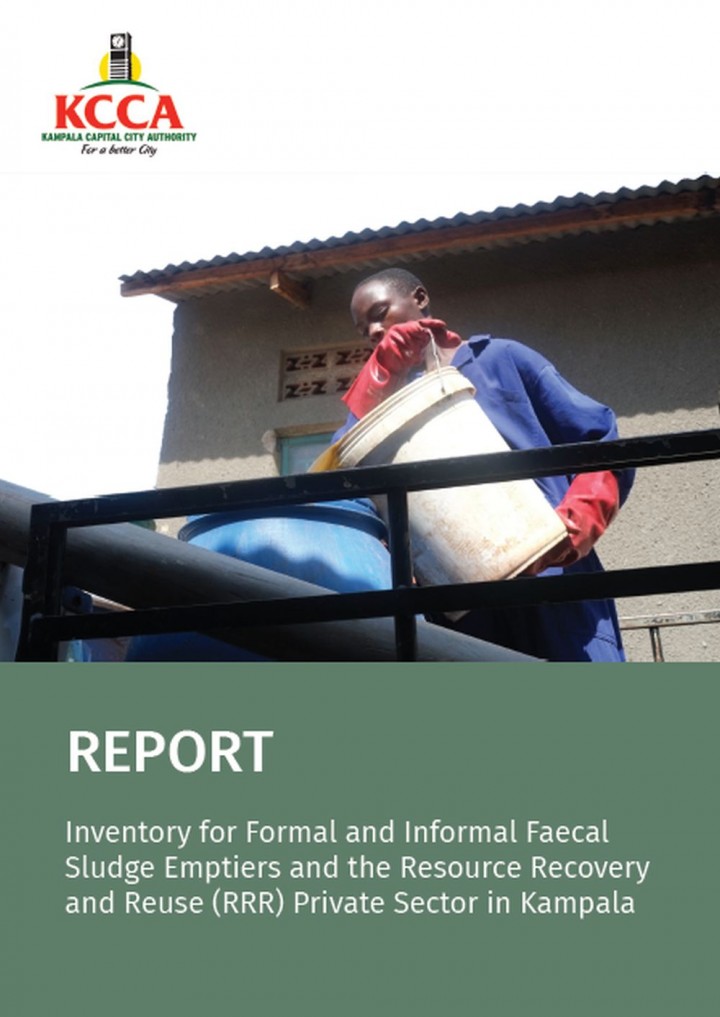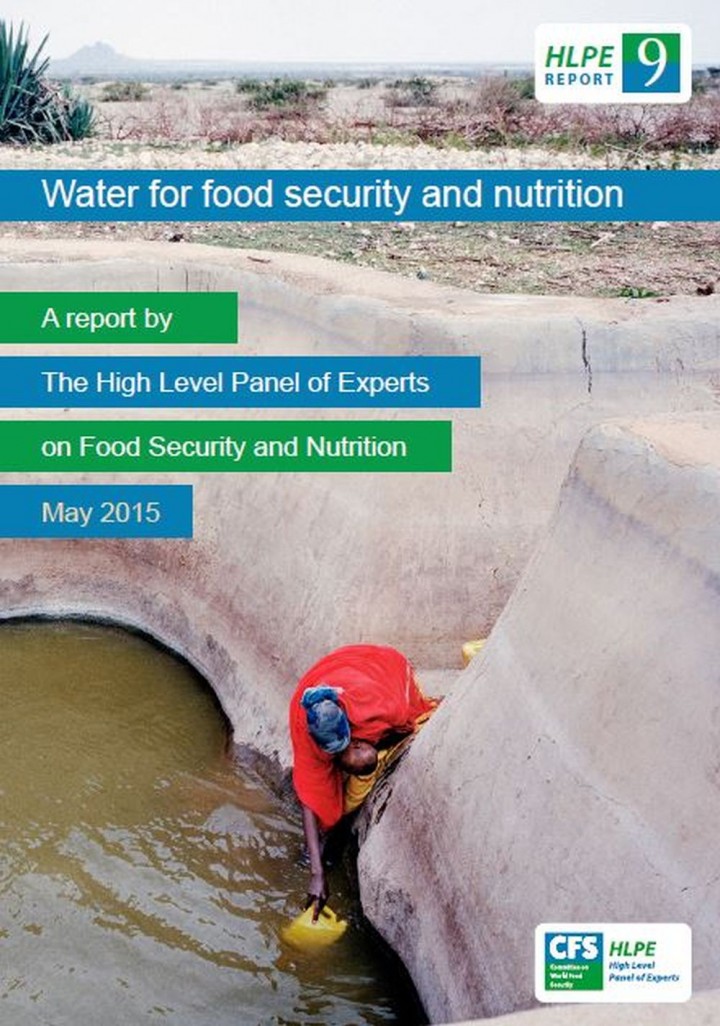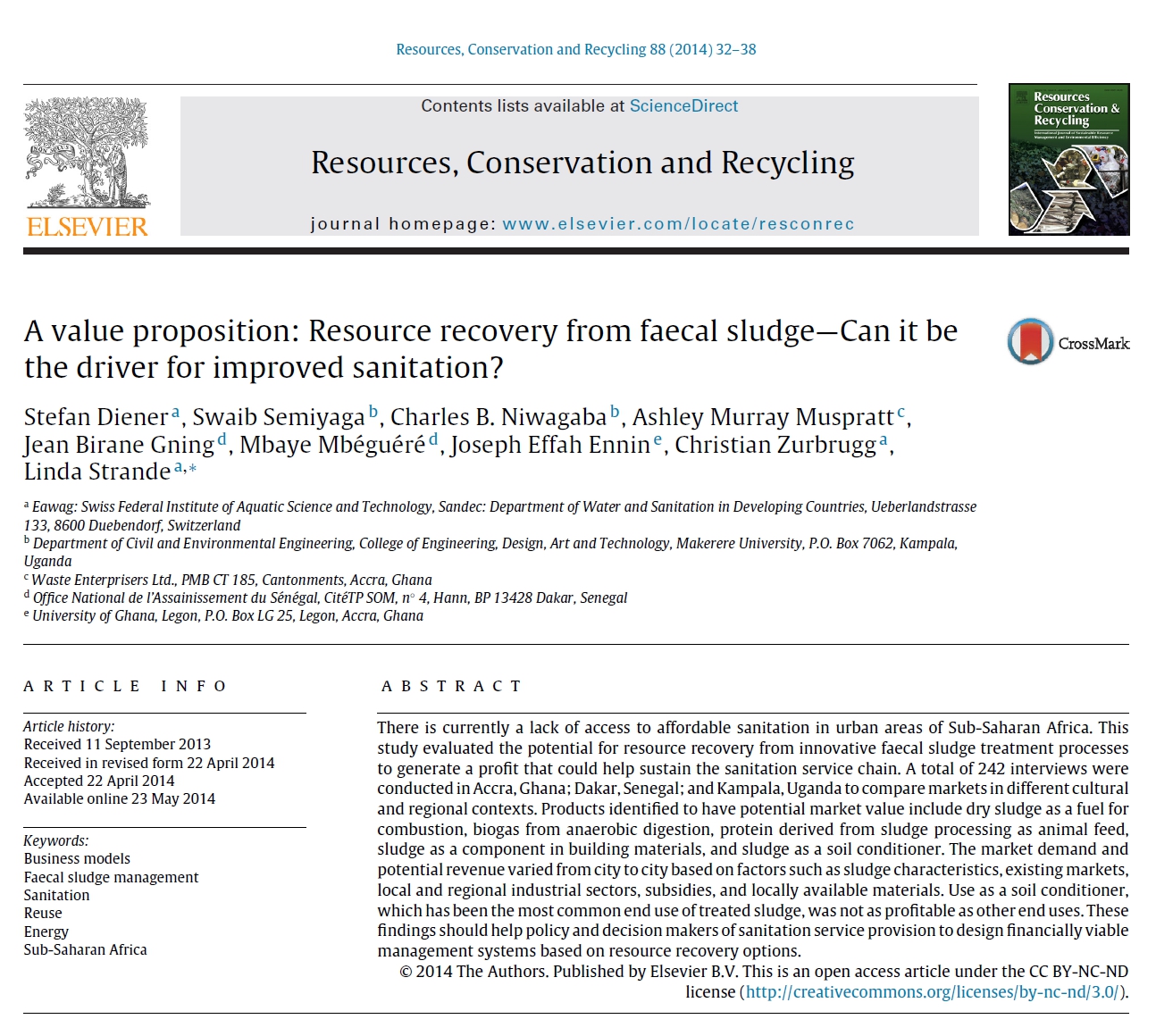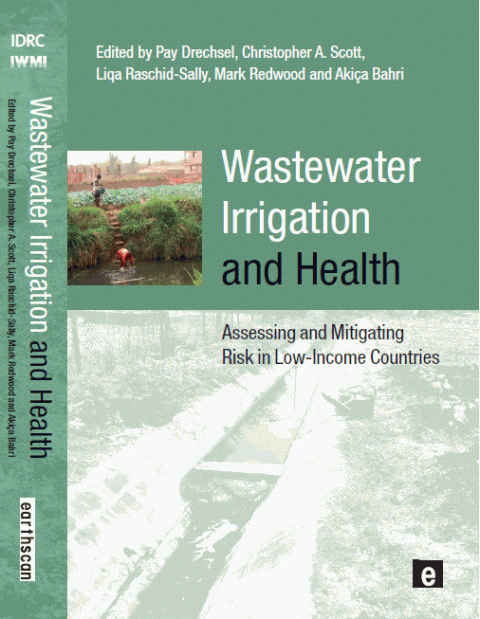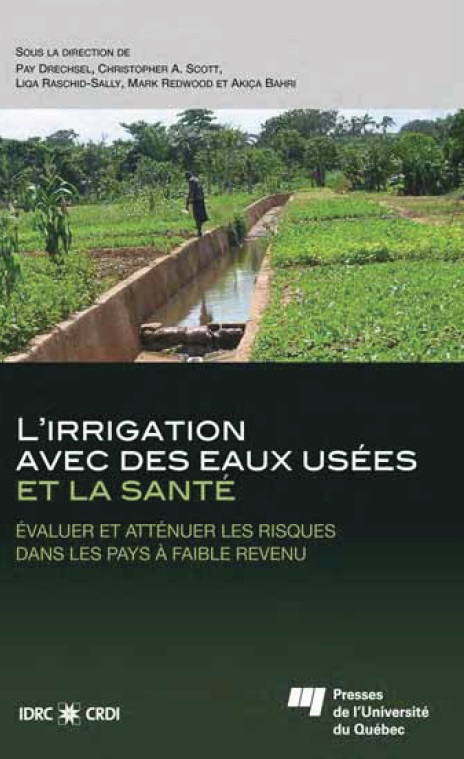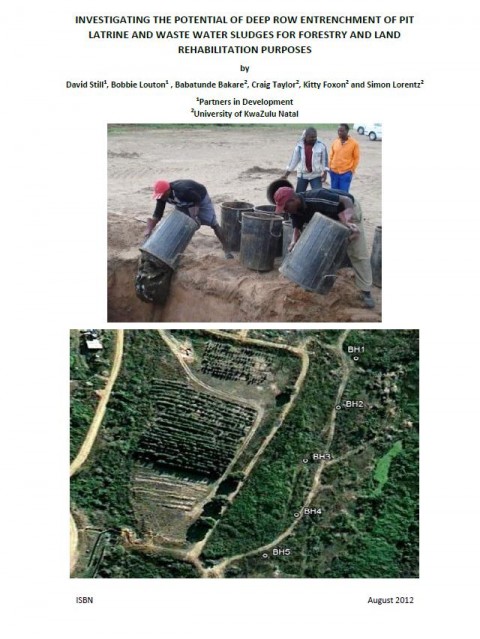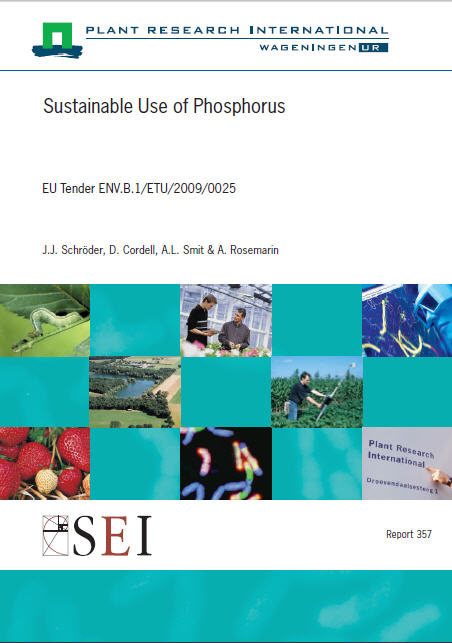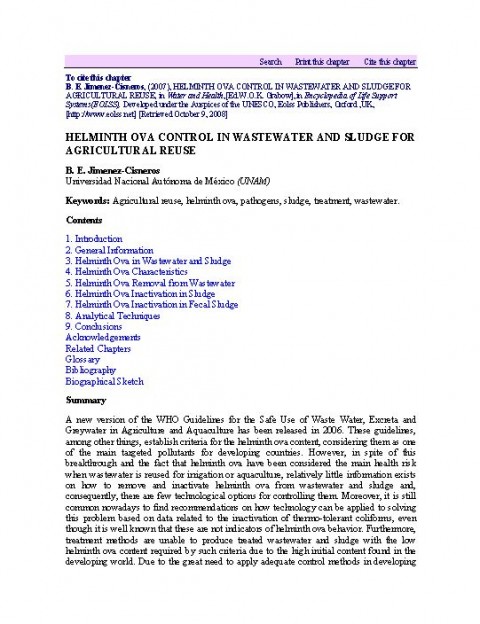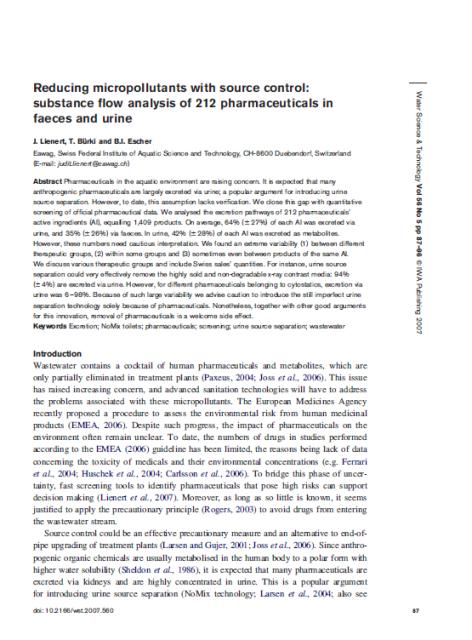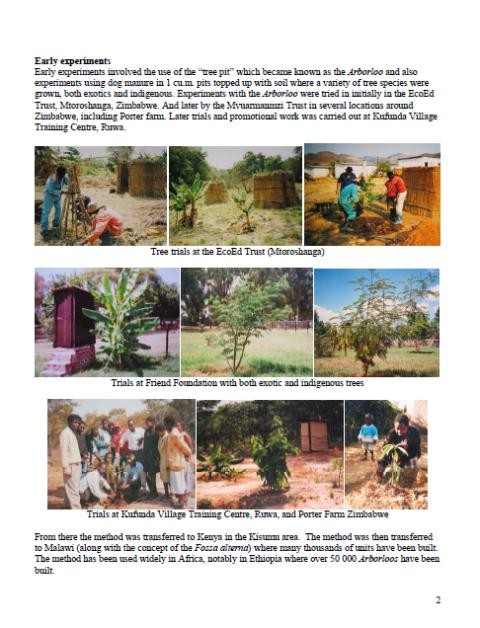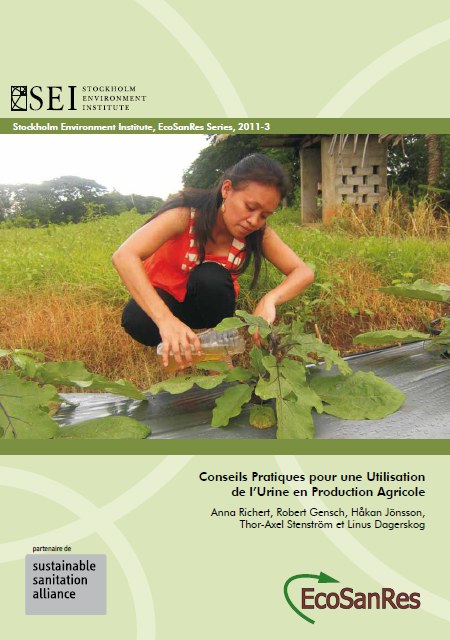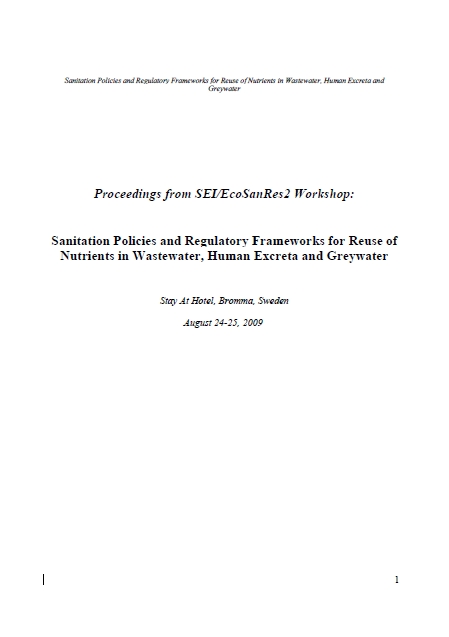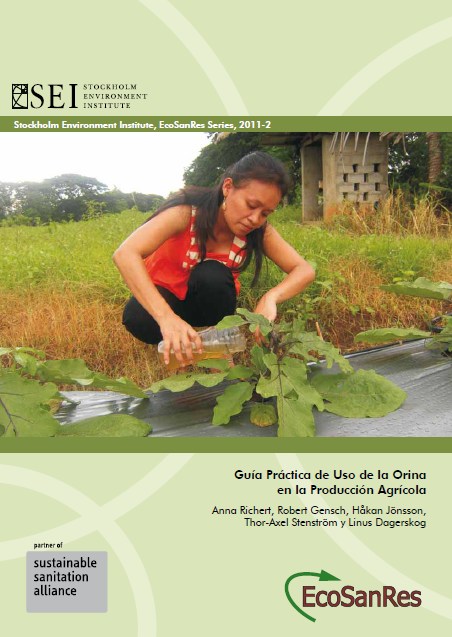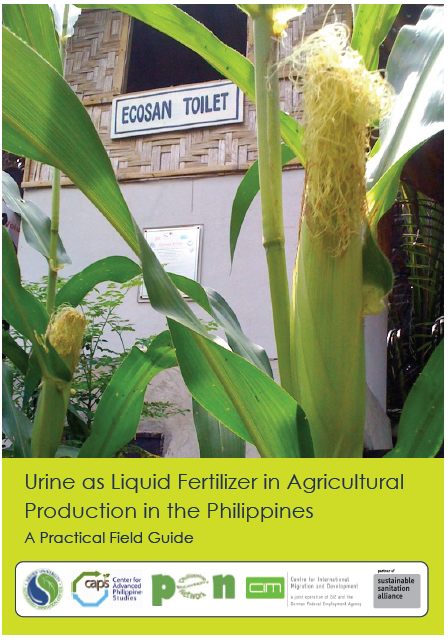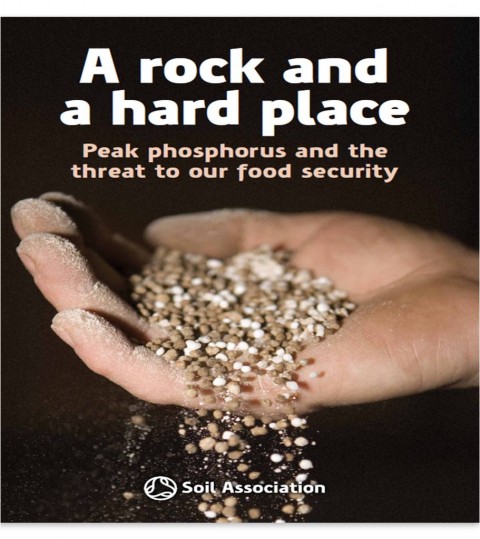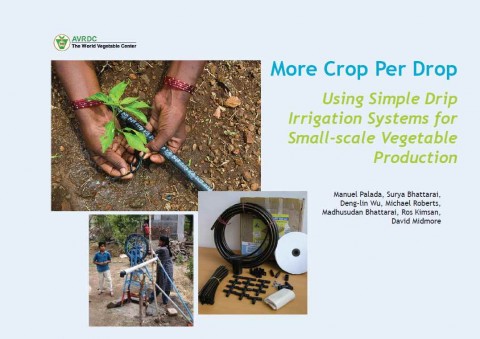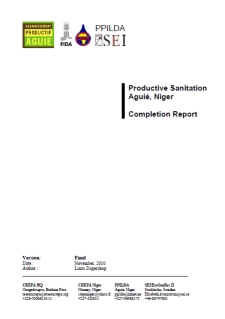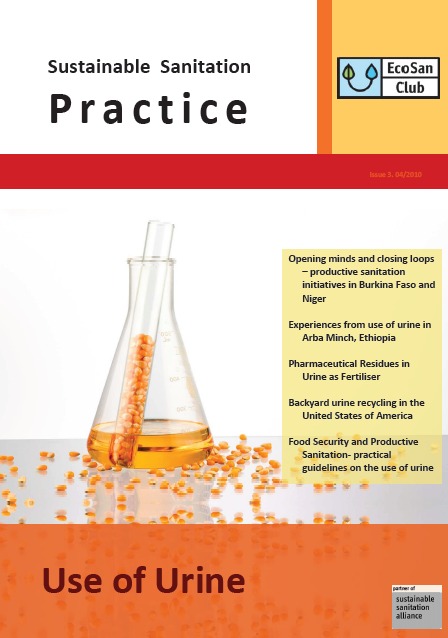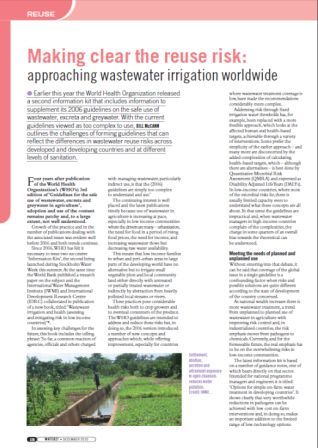Searching for information on Sanitation Workers?
The Sanitation Workers Knowledge + Learning Hub is the best source for all current news, trends, articles and updates on sanitation workers rights around the world.
The Rich Earth Institute's Farmer Guide to Fertilizing with Urine provides farmers with practical insights into reclaiming human urine as a nutrient-rich fertilizer. It joins Rich Earth’s guides to community and home garden urine recycling, offering resources to practitioners at different scales. The guide is rooted in Rich Earth’s extensive research with farmer-partners in Southern Vermont …
To commemorate World Toilet Day 2022, the SuSanA Working Group on productive sanitation and food security (WG5) and the Stockholm Environment Institute (SEI), along with partners, organised a webinar about the role of standards and certification systems in the safe reuse of nutrients from sanitation systems. Moderated by WG5 Lead Daniel Ddiba.
This entry is the collection point of the …
The aim of this document is to provide an overview of the possibilities for resource recovery from sanitation and provide guidance on treatment processes to achieve safe products for reuse. The focus of this document is on resource recovery from the organic wastes managed in sanitation systems and, to a lesser extent, on the recovery of water and energy generation. Resource recovery sanitation …
The 2017 edition of the United Nations World Water Development Report (WWDR) explores the issue of wastewater and its potential as a sustainable resource. However, the findings show how much work has to be done: “Worldwide, the vast majority of wastewater is neither collected nor treated. Furthermore, wastewater collection per se is not synonymous with wastewater treatment. In many cases, …
This discussion brief introduces a new tool being developed in the SEI Initiative on Sustainable Sanitation.
There is increasing interest in the concept of the circular economy and “closing the loop” in our use of various vital resources – including water, energy and mineral resources. This is driven not only by an interest in reducing the social and environmental damage linked to …
Few areas of investment today have as much to offer the global shift towards sustainable development as sanitation and wastewater management.1 Gaps in access to decent, functioning sanitation are clear markers of inequality and disadvantage. Unsafe management of excreta and wastewater expose populations to disease,
and degrade ecosystems and the services they provide. At the same time, there is …
In Kampala, about 90% of the people rely on on-site sanitation solutions, which cannot be considered “improved” or “acceptable” in most cases: too many households share one toilet; pit-latrines are unlined, filled with solid wastes, and hard to access for emptying services, ultimately leading to filled-up facilities that are either abandoned or directly emptied into the environment, …
Water is key to food security and nutrition. However there are many challenges for water, food security and nutrition, now and in the future, in the wider context of the nexus between water, land, soils, energy and food, given the objectives of inclusive growth and sustainable development. In this context, in October 2013, the Committee on World Food Security (CFS) requested the High Level Panel …
This manual is intended as a guide for small-scale vegetable producers, and as a reference for extension agents to use in training and demonstrations. Agricultural input suppliers in rural and peri-urban areas may also find it a useful resource to support and promote drip irrigation.
"Use of urine" is the thematic topic of the third issue of Sustainable Sanitation Practice (SSP). If urine is collected separately, treated and converted to agricultural usage, the biggest step towards nutrient reuse and highly efficient water protection is taken.
Issue 3 contains the following articles:
Opening minds and closing loops – productive sanitation initiatives in Burkina Faso …

